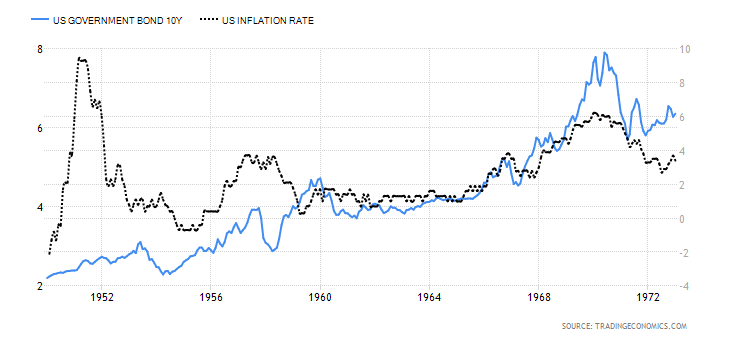There is a significant risk that the financial effects of the collapse in the oil price could spread through the financial system. Already there must have been significant transfers of value through OTC derivative markets, whose gross notional value is about $700 trillion. Roughly $300 trillion of this is with the top US banks as counterparty. A minority of this is with credit default swaps, but if there is problem here, it could easily spread to other derivative categories through counterparty risk.
Remember that the US economy is $17 trillion, so we are talking figures of a far greater magnitude than that.
We have had these scares in the past, notably with AIG, and the Lehman crisis, and also with the Eurozone crisis when Greece, Spain, Portugal and Italy were insolvent together. We could be on the verge of another such crisis, this time triggered by the collapse in the price of crude oil.
For me one event we cannot ignore is a clause slipped into the omnibus finance bill passed by Congress last week, whereby the FDIC, which insures small bank deposits in the event of a bank failure, will also take on responsibility for derivative contracts. The only possible reason this has been slipped in must be because the Wall Street banks are worried about counterparty risk for derivatives, which is totally beyond any individual bank’s control.
See http://www.zerohedge.com/news/2014-12-12/presenting-303-trillion-derivatives-us-taxpayers-are-now-hook
The fact that this is the subject of urgent legislation (the wording was put together by Citi and adopted word for word) instead of a more considered approach confirms to me that we have a real problem on our hands.




“The only possible reason this has been slipped in must be because the Wall Street banks are worried about counterparty risk for derivatives…”
Banks may be more worried than usual about derivatives just at the moment, as Alasdair Macloed suggests. But Citi and other Wall Street criminals would want to get that bit of legislation passed ANYWAY. Reason is that bankster-criminals want to take risky derivative bets and keep the profits when all goes well, while having taxpayers and ordinary depositors foot the bill when it goes seriously wrong. And brown envelopes full of $100 bills have persuaded members of Congress to “see sense” on this matter.
Re the fact that bankers rather than democratically elected politicians run Congress, there’s a light hearted take on this in the New Yorker:
http://www.newyorker.com/humor/borowitz-report/citigroup-move-headquarters-u-s-capitol-building